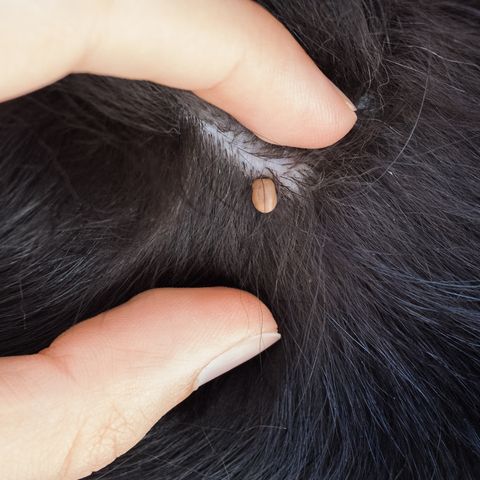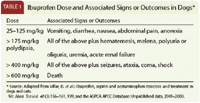Grass allergies in dogs
Grass Allergies In Dogs. In most cases grass allergy in dogs is manifested in your dogs head face armpits feet and abdomen. Certain breeds of dogs such as Golden Retrievers. However other pollen-borne allergies can affect dogs and if you notice any of the symptoms it is important to have your dog tested. In some cases the allergic reaction that your pet has to grass and grass pollens may be so severe that it requires attention immediately or else it puts him at risk of more serious health concerns.
 How To Combat Seasonal Allergies In Dogs Dogster From dogster.com
How To Combat Seasonal Allergies In Dogs Dogster From dogster.com
Most common are grass allergies but sensitivity to detergents cleaners and wool rugs are not uncommon. Similar to people a dog with grass allergies may have watery eyes runny noses and scratchy throats. However owners are often unaware that their dog is allergic to grass or what to do if your dog is allergic to grass. Redness sometimes swelling and hives. Certain breeds of dogs such as Golden Retrievers. Symptoms of grass allergies in dogs.
The pollen is mostly spread through direct contact with grass though it also can be transferred indirectly from people bringing it in from the outside.
Worst on underside of paws armpits belly and groin areas of little hair. Red sore and watery eyes. Diagnosis of Grass Allergies among Dogs. Surprisingly a grass allergy in dogs is more common than you may think. Grass allergies in dogs are caused by pollen which is the powdery yellow material that you see all over everything in the spring and summer. However owners are often unaware that their dog is allergic to grass or what to do if your dog is allergic to grass.
 Source: topdogturf.co.uk
Source: topdogturf.co.uk
A dogs symptoms from grass allergies can be anywhere from hardly noticeable to obvious discomfort. Redness sometimes swelling and hives. Watch for redness hot spots and bare patches from constant scratching licking and biting. In most cases grass allergy in dogs is manifested in your dogs head face armpits feet and abdomen. Dogs that are allergic to grass may also have watery eyes noses and scratchy throats but the symptoms are less pronounced than in humans.
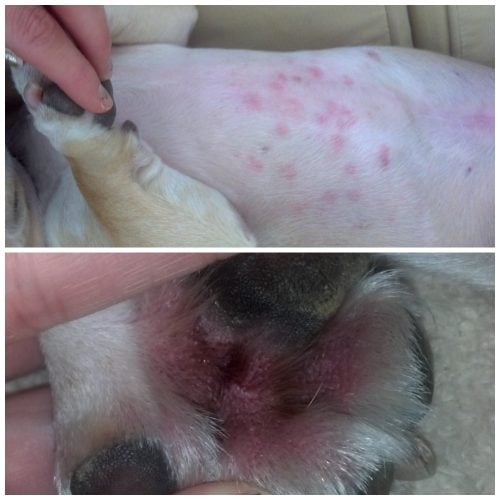 Source: rover.com
Source: rover.com
But pollen isnt the only thing that triggers a grass allergy in dogs. Your dog comes in from being outside and immediately starts licking and biting at themselves. Common symptoms of grass allergies include irritated skin either in isolated patches or spread all over a dogs body. If you are suspecting your dog has a grass allergy you should visit your vet for your pups checkup. Grass allergies in dogs are caused by pollen which is the powdery yellow material that you see all over everything in the spring and summer.
 Source: autoconnective.in
Source: autoconnective.in
What grasses are likely to cause allergies in dogs. A dog that goes into anaphylactic shock for instance will have. In some cases the allergic reaction that your pet has to grass and grass pollens may be so severe that it requires attention immediately or else it puts him at risk of more serious health concerns. Your dogs allergy to plant particles or chemicals in their environment. There are several ways your dog can be exposed to grass pollen.
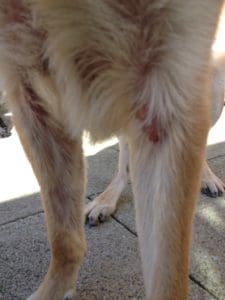 Source: k9cleancoats.co.uk
Source: k9cleancoats.co.uk
If you are suspecting your dog has a grass allergy you should visit your vet for your pups checkup. Can Dogs Be Allergic to Grass. Grass allergies in dogs are caused by pollen which is the powdery yellow material that you see all over everything in the spring and summer. Yes your dog can be allergic to grass. This powder is the substance that flowers and grasses put out to be transported from plant to plant by the birds bees or wind.
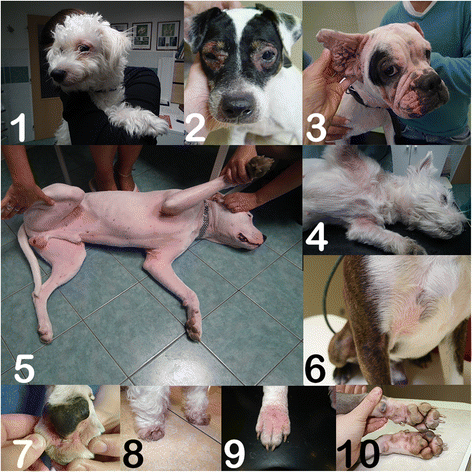 Source: ctajournal.biomedcentral.com
Source: ctajournal.biomedcentral.com
Grass allergies in dogs are caused by pollen which is the powdery yellow material that you see all over everything in the spring and summer. This powder is the substance that flowers and grasses put out to be transported from plant to plant by the birds bees or wind. Similar to people a dog with grass allergies may have watery eyes runny noses and scratchy throats. Often feet are the first to be affected becoming red inflamed and. Grass and grass seeds can cause immediate reactions on dogs.
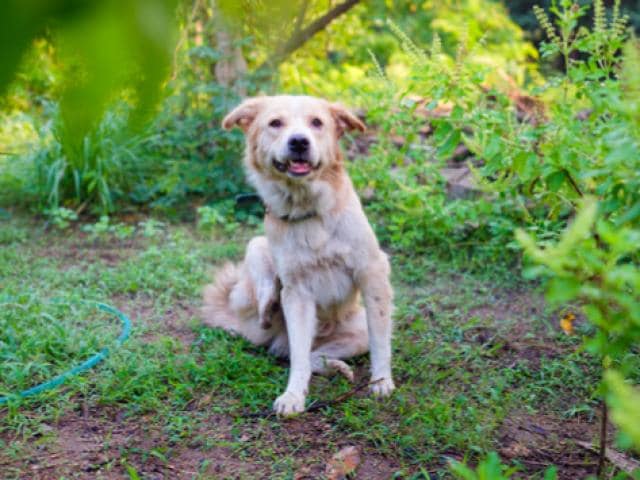 Source: petmd.com
Source: petmd.com
In most cases grass allergy in dogs is manifested in your dogs head face armpits feet and abdomen. Often feet are the first to be affected becoming red inflamed and. The pollen is absorbed in the dogs skin and can cause an allergic reaction. What grasses are likely to cause allergies in dogs. Worst on underside of paws armpits belly and groin areas of little hair.
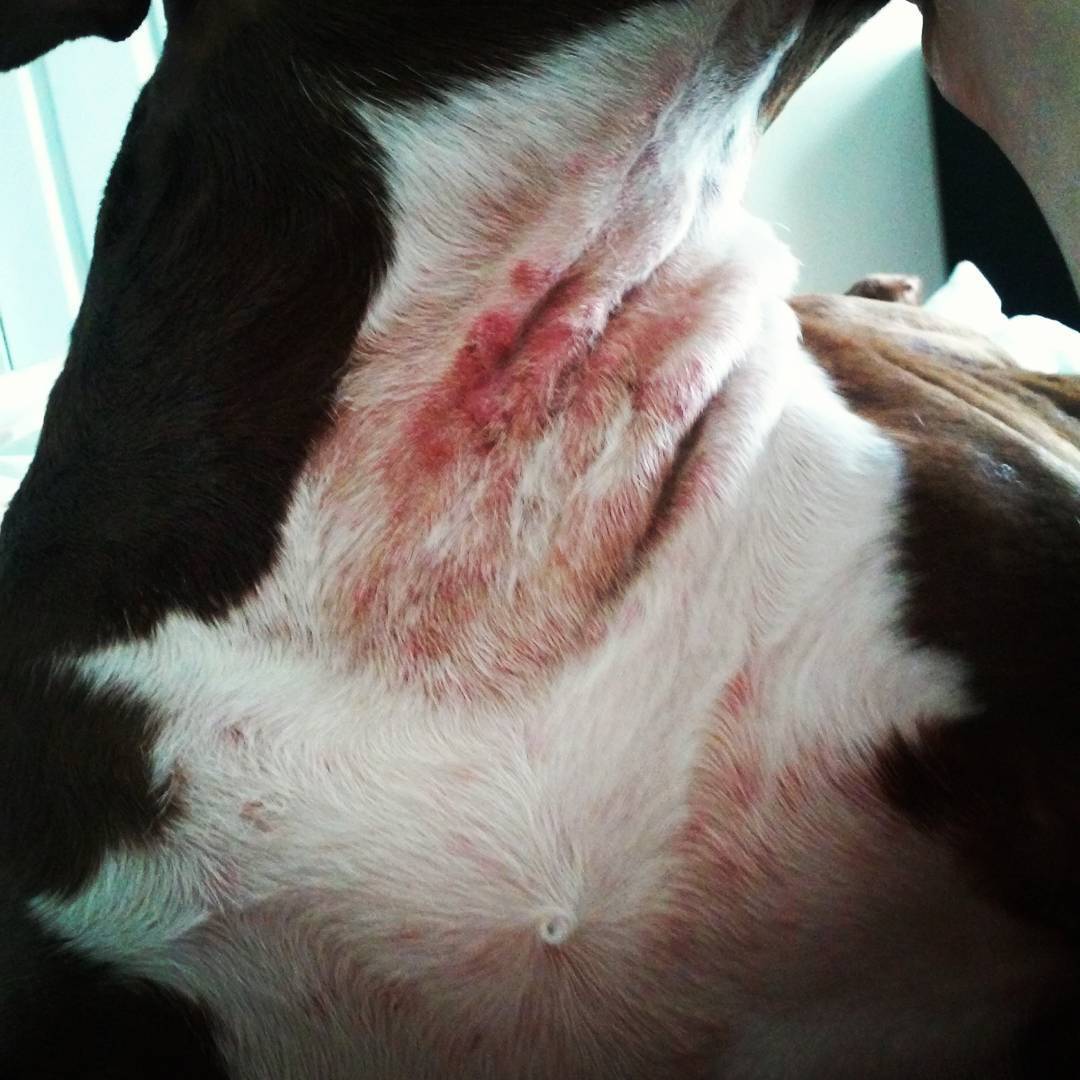 Source: ipupster.com
Source: ipupster.com
A dogs symptoms from grass allergies can be anywhere from hardly noticeable to obvious discomfort. Grass allergies in dogs are caused by pollen which is the powdery yellow material that you see all over everything in the spring and summer. However other pollen-borne allergies can affect dogs and if you notice any of the symptoms it is important to have your dog tested. Grass and grass seeds can cause immediate reactions on dogs. Grass allergies in dogs can cause your pet quite a lot of discomfort.
 Source: dogster.com
Source: dogster.com
However other pollen-borne allergies can affect dogs and if you notice any of the symptoms it is important to have your dog tested. Always consult with a veterinarian to be sure it is not a serious condition. Red sore and watery eyes. Your dogs allergy to plant particles or chemicals in their environment. Certain breeds of dogs such as Golden Retrievers.
 Source: alldogboots.com
Source: alldogboots.com
Grass allergies in dogs are caused by pollen which is the powdery yellow material that you see all over everything in the spring and summer. A dog that goes into anaphylactic shock for instance will have. Red sore and watery eyes. Yes your dog can be allergic to grass. Worst on underside of paws armpits belly and groin areas of little hair.
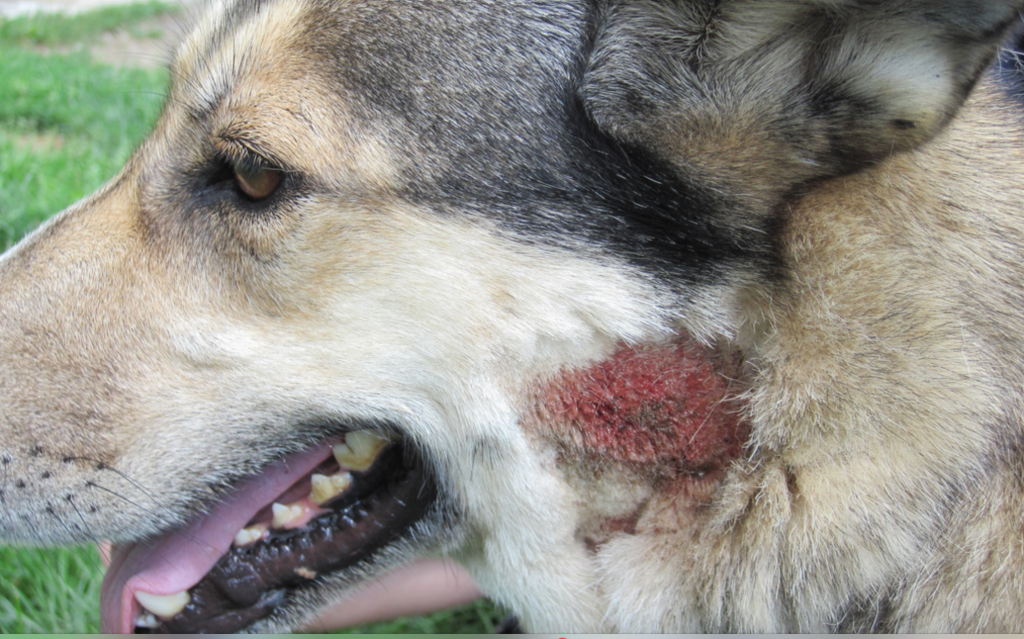 Source: rover.com
Source: rover.com
Grass allergies are more common in certain breeds including German Shepherds Bulldogs Pugs Retrievers Miniature Schnauzers Setters and Irish Terriers. A dogs symptoms from grass allergies can be anywhere from hardly noticeable to obvious discomfort. Grass allergies in dogs are caused by pollen which is the powdery yellow material that you see all over everything in the spring and summer. Diagnosis of Grass Allergies among Dogs. Your dogs allergy to plant particles or chemicals in their environment.
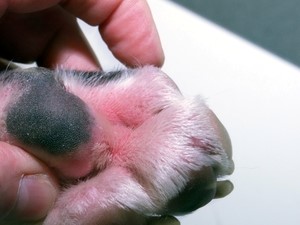 Source: dupontvet.com
Source: dupontvet.com
Surprisingly a grass allergy in dogs is more common than you may think. Grass allergy does not occur when dogs eat grass. Just like humans suffer from seasonal allergies dogs can too. But pollen isnt the only thing that triggers a grass allergy in dogs. However other pollen-borne allergies can affect dogs and if you notice any of the symptoms it is important to have your dog tested.
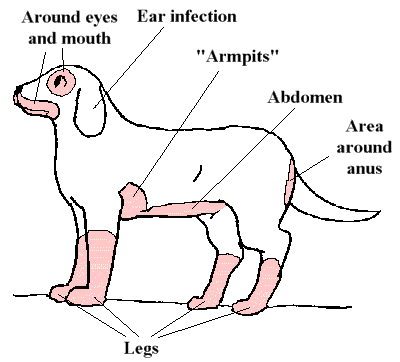
What grasses are likely to cause allergies in dogs. Common symptoms of grass allergies include irritated skin either in isolated patches or spread all over a dogs body. You can give him steroids antihistamines omega-3 a fish and sweet potato diet colloidal oatmeal floral oils and aloe vera. Often feet are the first to be affected becoming red inflamed and. However owners are often unaware that their dog is allergic to grass or what to do if your dog is allergic to grass.
If you find this site adventageous, please support us by sharing this posts to your favorite social media accounts like Facebook, Instagram and so on or you can also save this blog page with the title grass allergies in dogs by using Ctrl + D for devices a laptop with a Windows operating system or Command + D for laptops with an Apple operating system. If you use a smartphone, you can also use the drawer menu of the browser you are using. Whether it’s a Windows, Mac, iOS or Android operating system, you will still be able to bookmark this website.

